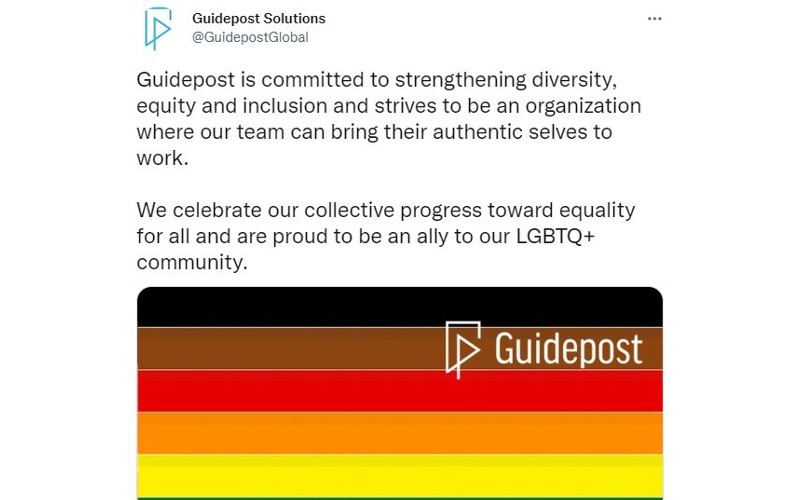The Association of Theological Schools reports 282 "member schools" in North America at the end of 2022, the majority of which (244) are located in the United States. Member schools are graduate schools of theology (Protestant, Roman Catholic, Orthodox, and Jewish) that prepare individuals for ministry, church-related professions, teaching and research.
Dr. Matt Ayars is president of Wesley Biblical Seminary in Mississippi, which is accredited by ATS. "You're going to be hard-pressed, very hard-pressed to find very many of the 270 or so seminaries that all of the faculty would be willing to say that this Bible is the Word of God that's inspired and without error," Ayars stated Monday on American Family Radio.
According to Ayars, one of the denominations for which his seminary supplies leaders is having the same problem. "They are splitting up for divergent views on the issue of human sexuality," he described. "The conservatives within United Methodism believe that our view on human sexuality [is] an essential."

Many conservative United Methodist churches are leaving the denomination to join the newly formed Global Methodist Church – even though, as Ayars points out, they could stay and fight it out.
"The conservatives are leaving voluntarily, even though they continue to outvote and win to uphold the [UMC] Book of Discipline as stands," he offered.
Ayars vows Wesley Biblical Seminary will continue to be a resource for all churches that hold to an orthodox theology – not just for pastors, missionaries, and evangelists … but also for accountants, factory workers and homemakers who may be interested in just going deeper in their knowledge of scripture, doctrine, or church history.
"Seminary is for everybody, in my opinion," Ayars shared. "Come audit a class [or] take a class for credit – that's why we're here. It's to resource the Church."
WBS was founded in the mid-1970s and grew out of the need for adequately prepared pastors within the Methodist and related traditions in the Deep South.







